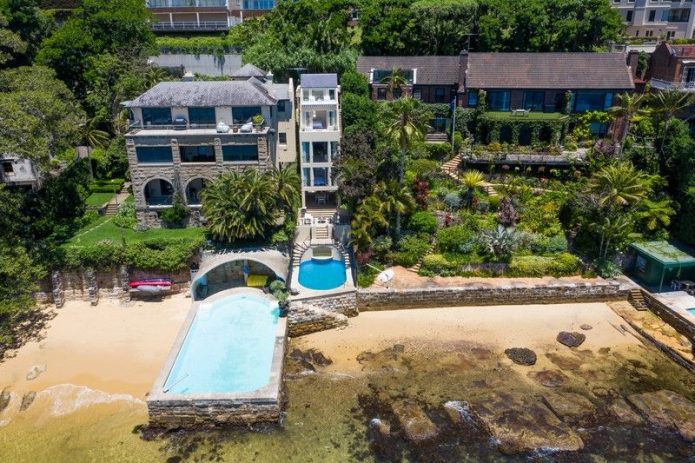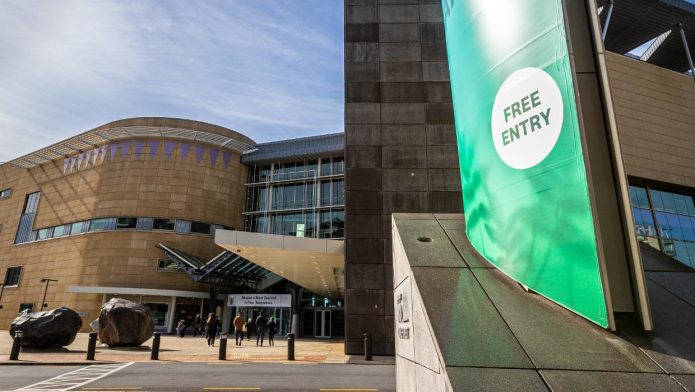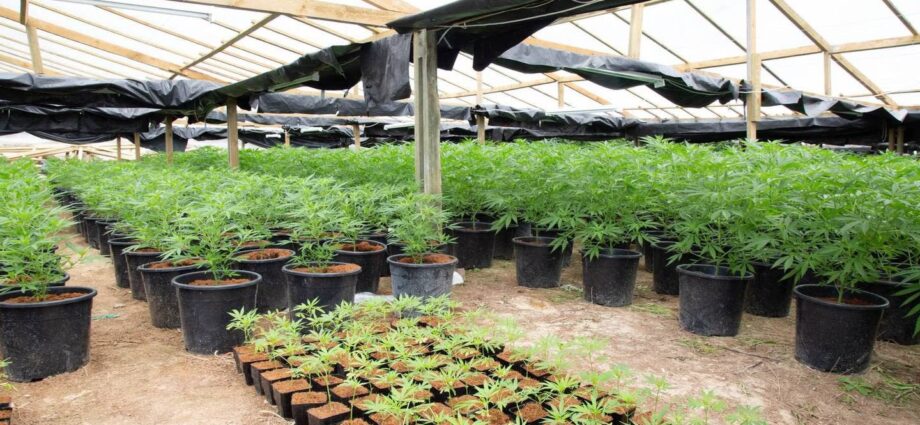PHOTO: Some of the 6000 cannabis plants discovered by police growing in five greenhouses near Dargaville. Photo / NZ Police
Oai Duc Truong Convicted for Running Three Commercial Cannabis Grow Sites
A man responsible for overseeing three commercial cannabis plantations, with an estimated annual street value of $24 million, has been found guilty in court. Throughout the trial at the Whangārei District Court, the Crown portrayed Oai Duc Truong as a shrewd businessman and skilled operator who was fully aware of the activities occurring behind the scenes.
The jury took less than three hours to deliberate and returned guilty verdicts on multiple charges against Truong. These charges included three counts of possession of cannabis for supply, three counts of cultivating cannabis, and one count of perverting the course of justice. Truong has been remanded in custody, awaiting sentencing by Judge John McDonald at a later date.
Details of the Commercial Cannabis Operation
Over the course of two weeks, the jury heard evidence regarding three commercial grow sites that were discovered by the police in 2020. These sites were located in Te Kōpuru, Kerikeri, and Massey. In January 2020, law enforcement officials raided the Te Kōpuru site, confiscating over 6,000 cannabis plants and 1,000 pounds of cannabis. During the raid, four individuals fled the scene in a black four-wheel-drive vehicle.
Subsequently, these four men were apprehended and brought before the courts for their involvement in the operation. They were identified as Minh Nhat Nguyen (24 years old), Nhat Quan Nguyen (20 years old), Chu Trong Thanh (44 years old), and Dang Gia Cu (45 years old). In 2021, they pleaded guilty and were sentenced to two years and nine months in prison. Upon their release, they will face deportation to Vietnam.
Truong’s Defense and Crown’s Evidence
Throughout his trial, Truong consistently claimed that he had no knowledge of who was in charge of the operation. He maintained that he was merely assisting two individuals named David and Lee with tasks such as procuring gardening supplies, providing translation services, and renting cars. According to Truong, he had no inkling about the true nature of their activities and believed they were cultivating blueberries.
However, the Crown presented evidence that contradicted Truong’s claims. His name was linked to the three sites through a paper trail of property leases, car rentals, invoices, and supplier accounts. The prosecution successfully demonstrated Truong’s involvement in the operation.
During the trial, multiple police officers testified regarding the sophisticated techniques employed in the growing operation. These techniques included advanced light manipulation, power diversion, the use of a mother plant for cuttings, and a reticulated water pump system. The varying maturity levels of the seized cannabis plants indicated that the operation had been active year-round for an extended period.
Attempts to Obstruct Justice
When Truong became aware that the police were closing in on him, he made efforts to manipulate the course of justice. He tried to convince a horticulture supplier from whom he purchased products to write a letter on his behalf. This letter was intended to obstruct the legal process. Additionally, Truong’s wife and an unidentified friend approached the same witness the following day, exerting pressure to obtain the letter.
Furthermore, while in police custody, Truong managed to sneak a phone into the cells. The phone was later discovered shattered in the toilet. Truong claimed it belonged to his children and he threw it in frustration with his situation.
Verdict and Sentencing
The jury swiftly reached a verdict, finding Truong guilty on all charges. In addition to the three counts of cannabis for supply, three counts of cultivating cannabis, and one count of perverting the course of justice, Truong was remanded in custody. His sentencing will be determined by Judge John McDonald at a later date.
SOURCE: NZHERALD











